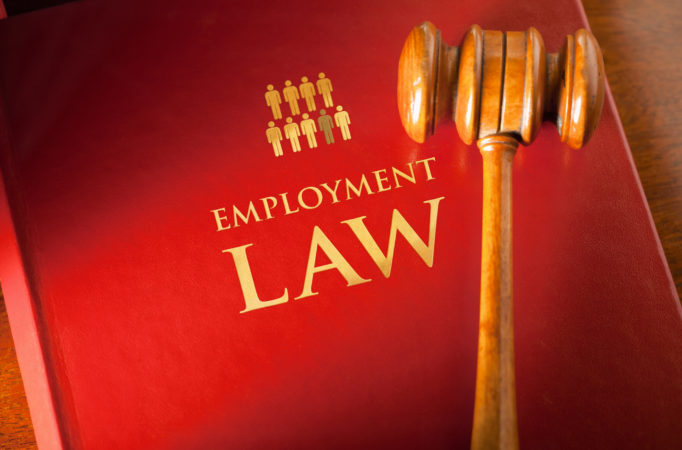Employment & Labor Law
Federal Court: Marijuana Industry Workers Not Categorically Excluded from Federal Overtime Requirements
The United States Court of Appeals for the Tenth Circuit has held that workers in the marijuana industry are not automatically excluded from coverage under the federal Fair Labor Standards Act (“FLSA”) just because they are employed in an industry that is illegal under federal law. This decision serves as important guidance to employers in this growing business sector, as well as reminder of the importance of closely adhering to the FLSA’s requirements.
The case, Kenney v. Helix TCS, No. 18-1105 (10th Cir., September 20, 2019), involved claims for unpaid overtime by a former employee of a company providing security services for businesses in Colorado’s marijuana industry. The former employee brought suit claiming that he, and other similarly situated employees, were due unpaid overtime because the company misclassified them as exempt from the FLSA’s overtime requirements.
The company unsuccessfully moved to dismiss the employee’s claim and appealed. It argued that the FLSA did not apply to the employee because the federal Controlled Substances Act, which makes involvement in the marijuana industry a federal crime, made the FLSA inapplicable to marijuana industry employees. The Court rejected this argument. It noted that “case law has repeatedly confirmed that employers are not excused from complying with federal laws just because their business practices are federally prohibited.” The Court further reasoned that allowing a marijuana industry employer to avoid the FLSA’s overtime requirements – as the employer sought to do in this case – would encourage employers to engage in such federally prohibited activities because they could sidestep federal overtime requirements. As a result, the employee’s claim against the company will proceed.
There are at least three takeaways here:
- Employers in the marijuana industry are unlikely to avoid an FLSA overtime claim by arguing that they don’t have to comply with federal law because what they are doing is federally prohibited anyway.
- The employer’s appeal in this case dealt only with the FLSA, which is a federal law. Most states have wage and hour laws that may also apply to marijuana industry employees.
- Compliance with the FLSA and other wage and hour laws can be complicated. Missteps can be costly. Proactive involvement of legal counsel to avoid such issues is key.
About Us
Claims and suits brought against employers by employees are a large part of the cases being handled by the Employment lawyers at Houston Harbaugh. We focus on assisting and counseling our clients to be positioned to avoid claims, and if the claims are brought, to be prepared to defend against them.

Craig M. Brooks - Practice Chair
An employment and labor attorney, Craig primarily represents management, providing advice on how to handle employee issues and actions, as well as defending or pursuing claims in court and before government agencies on matters.
An employment and labor attorney, Craig primarily represents management, providing advice on how to handle employee issues and actions, as well as defending or pursuing claims in court and before government agencies on matters including:
- Employment discrimination claims
- Wage and hour matters
- Sexual and other harassment investigations and claims
- Family and Medical Leave Act
- Wrongful discharge
- Labor/Union matters
- Restrictive covenants
- Affirmative action programs
- Defamation
- Privacy
Craig also represents individuals with advice and pursuing claims arising out of their employment.

